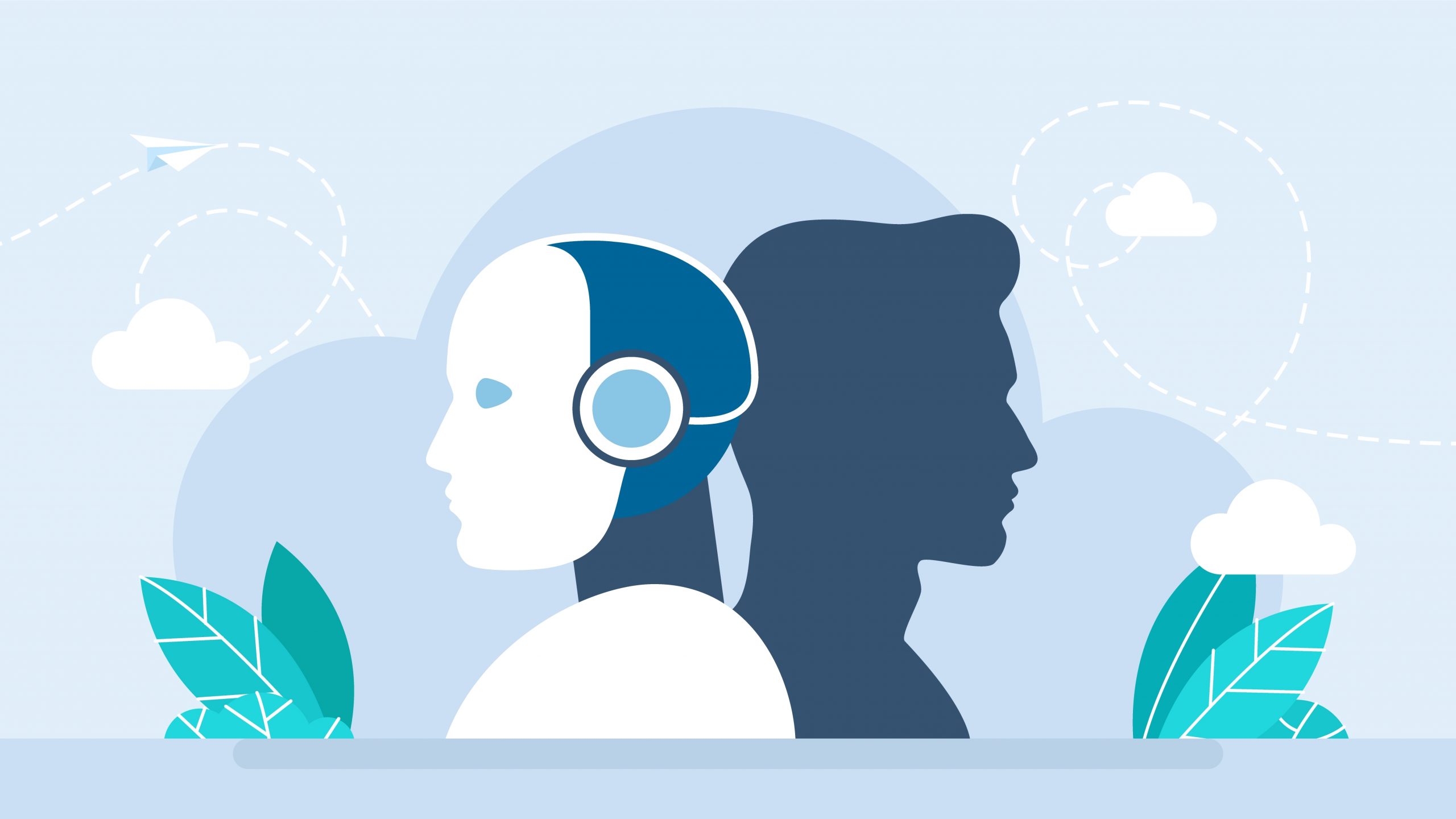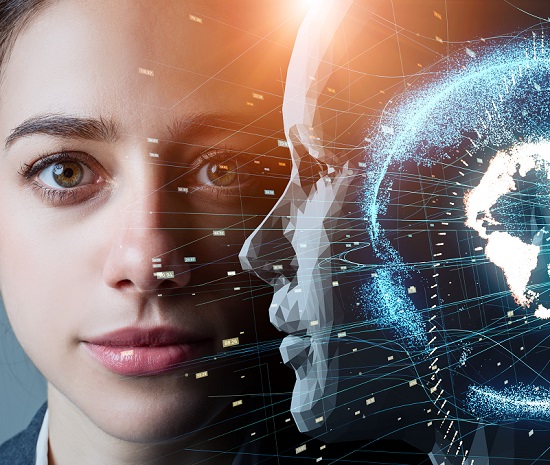Navigating the Creative Crossroads: Unveiling the Values Lost and Gained in the Era of AI

Summary
- We ponder the values that may be sacrificed in our relentless pursuit of technological innovation
- The definition of what’s deemed “creative” or “original” is undergoing a profound transformation
- New frontiers of employment that are likely to emerge within the next five years, reshaping the professional landscape in this AI-driven world
- It’s crucial to strike a balance between the values we hold dear and the opportunities that emerge with technological advancements
Introduction
As we stand at the precipice of the Artificial Intelligence (AI) revolution, it’s crucial to ponder the values that may be sacrificed in our relentless pursuit of technological innovation. One of the key realms under scrutiny is creativity, that elusive quality that has long been considered uniquely human. With AI making unprecedented strides, the definition of what’s deemed “creative” or “original” is undergoing a profound transformation. In this blog, we’ll explore the values we risk losing in the wake of AI’s ascendancy and the emerging landscapes of creativity and originality. Furthermore, we’ll delve into the new frontiers of employment that are likely to emerge within the next five years, reshaping the professional landscape in this AI-driven world.
Values Lost in the AI Shuffle
Human Intuition and Subjectivity:
The intuitive leaps, emotional nuances, and subjective experiences that humans bring to creative endeavours are at risk of being overshadowed by AI. While machines can analyse vast datasets and replicate patterns, the intricacies of human intuition and the ability to inject personal experiences into creative work may be undervalued or overlooked.
Serendipity and Unpredictability:
AI, with its algorithmic precision, excels in predicting patterns and outcomes based on historical data. However, the beauty of serendipity, the unexpected connections, and the ability to stumble upon groundbreaking ideas through sheer chance, may diminish in a world where algorithms dictate what we see, hear, and create.
Embracing Failure and Iteration:
Creativity often thrives on trial and error, allowing individuals to learn and grow from failures. AI, on the other hand, operates within the parameters set by its programming, limiting its ability to experiment, fail, and iterate in the way humans do. The fear of failure is an intrinsic part of the creative process, fostering resilience and adaptability.
Cultural and Historical Context:
Human creativity is deeply rooted in cultural and historical contexts, reflecting the collective experiences and narratives of societies. AI, lacking personal experiences, may struggle to grasp the subtleties and context-dependent nature of creative expressions, potentially leading to a homogenized and sterile creative output.

The New Landscape of Creativity and Originality
AI as a Creative Collaborator:
While AI may threaten certain aspects of creativity, it also has the potential to become a powerful creative collaborator. Tools that augment human creativity by providing suggestions, generating ideas, or automating repetitive tasks can enhance productivity and open new avenues for exploration.
Generative AI and Original Content:
Generative AI, powered by neural networks, is becoming increasingly adept at producing original content, from art and music to literature. While the question of whether AI creations can be truly original remains philosophical, the collaboration between human artists and AI tools is likely to give rise to novel and unprecedented works of art.
Enhanced Creativity in Professional Fields:
In fields like design, architecture, and engineering, AI tools are empowering professionals to push the boundaries of what’s possible. From designing innovative structures to optimising complex systems, AI is acting as a catalyst for creativity, providing professionals with the tools to explore unconventional ideas and solutions.
AI in Entertainment and Gaming:
The entertainment industry is experiencing a renaissance with AI-driven technologies. Virtual characters, procedurally generated content, and adaptive storytelling are reshaping the landscape of gaming and immersive experiences. AI is not just a tool but a co-creator, influencing narratives and gameplay in ways that were previously unimaginable.
However the flip side to this is having those agreed AI protections in place so the capabilities of generative AI tools allow performers to be protected, their rights to consent and fair compensation are protected. These challenges are happening right now, take the Hollywood actors’ strike has officially concluded, and now for the first time ever the introduction of guardrails against artificial intelligence have been included in the contract negotiations.
New Jobs on the Horizon
AI Ethicist:
With the increasing impact of AI on society, the need for professionals who can navigate the ethical considerations of AI becomes paramount. AI ethicists will play a crucial role in ensuring responsible and equitable deployment of AI technologies across various industries.
AI Trainer:
As AI systems become more sophisticated, the demand for individuals who can train and fine-tune these systems to align with specific needs will rise. AI trainers will bridge the gap between raw machine learning algorithms and practical applications, optimising AI for diverse use cases.
Digital Curator:
The abundance of digital content, generated both by humans and AI, necessitates the role of digital curators. These professionals will curate and organise digital collections, ensuring that the vast and diverse array of content is accessible, relevant, and meaningful.
Human-AI Interaction Designer:
Crafting seamless interactions between humans and AI requires a unique set of skills. Human-AI interaction designers will be responsible for creating intuitive interfaces, enhancing user experiences, and ensuring effective collaboration between humans and AI systems.
AI Security Analyst:
With the increasing integration of AI into critical systems, the demand for professionals specialising in AI security will surge. AI security analysts will focus on identifying and mitigating potential vulnerabilities in AI systems, safeguarding against cyber threats and ensuring the integrity of AI-driven technologies.
Conclusion
As we navigate the uncharted territories of AI, it’s crucial to strike a balance between the values we hold dear and the opportunities that emerge with technological advancements. While certain aspects of human creativity may be at risk, the integration of AI opens up new frontiers and possibilities. By embracing AI as a creative collaborator and cultivating a workforce equipped to navigate the ethical and practical challenges, we can harness the potential of AI while preserving the essence of human creativity. The next five years promise not only a transformation of the professional landscape but also an exploration of the synergies between human ingenuity and artificial intelligence.



